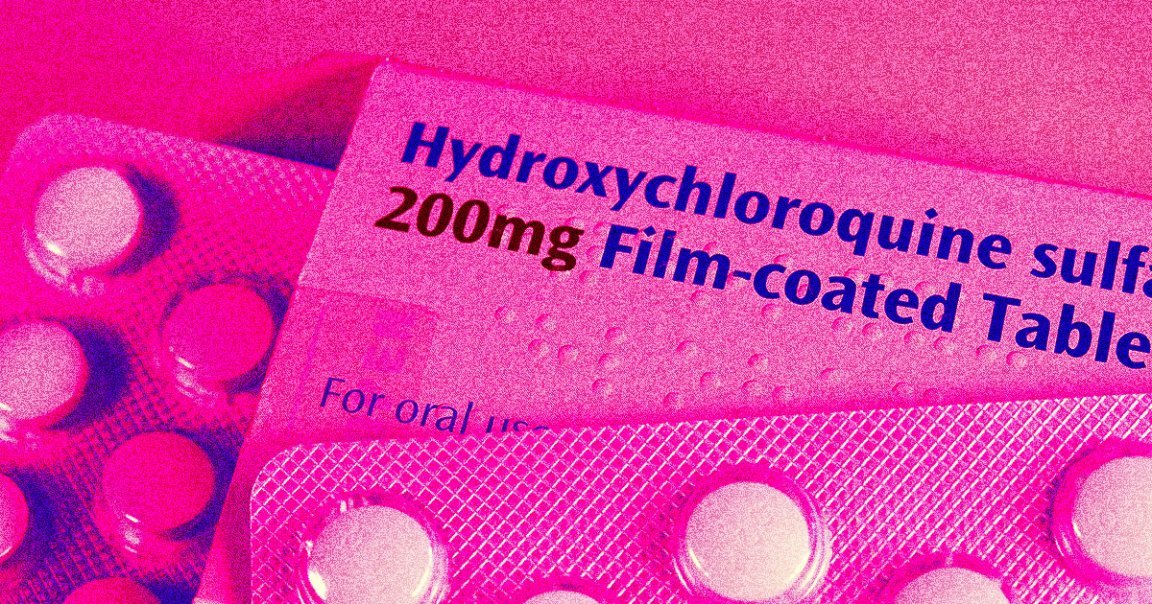
In news that’s sure to kickstart a wave of recriminations, researchers have estimated that almost 17,000 people died in six countries during the first COVID-19 wave due to the use of hydroxychloroquine (HCQ), an anti-malaria medication that gained viral traction as a potential treatment against COVID even after scientific evidence failed to back up its efficacy.
A team of researchers from France, Canada and China revealed the findings in a new study published in the science journal Biomedicine & Pharmacotherapy. They arrived at the number after performing statistical analysis on medical and hospital data about excess mortality.
“During the first wave of COVID-19, hydroxychloroquine (HCQ) was used off-label despite the absence of evidence documenting its clinical benefits,” the researchers write. “Since then, a meta-analysis of randomised trials showed that HCQ use was associated with an 11 percent increase in the mortality rate.”
The scientists looked at data from Belgium, France, Italy, Spain, Turkey, and America.
“Although our estimates are limited by their imprecision, these findings illustrate the hazard of drug repurposing with low-level evidence,” the scientists conclude.
Other existing medications had been repurposed to combat COVID because of their track record in treating viruses, like the HIV/AIDS drug ritonavir, the paper notes.
Some thought HCQ may be effective against COVID as well because it can stop viruses from reproducing and may block COVID virus receptors, but later research revealed that the medication had an “unfavourable risk-benefit balance,” according to the paper. Specifically, its use was associated with “a significant increase in cardiac mortality.”
It makes total sense that people were grasping for any tools against the onslaught of COVID, but the mass use of HCQ basically amounted to a high risk drug trial happening in real time with no sense of scientific rigor.
What’s damning is that so many reputable people promoted the medication. The study notes that the “number of expected HCQ-related deaths is likely to be directly related to the promotion of its prescription by scientists, physicians and health agencies. In February and March 2020, the use of this treatment was widely promoted based on preliminary reports suggesting a potential efficacy against COVID-19.”
But preliminary reports do not make good science. Breathless reports about HCQ’s effectiveness, which proved to be a mirage, occurred against a backdrop of mass pandemic panic, conspiracy theories, and many people peddling other unfounded cures like bleach — remember that? — and the anti-parasitic medication ivermectin.
What lessons are to be learned from this whole mess?
It’s “critical that representatives of public authorities should not, on the basis of their personal conviction, promote the prescription of medicines that have not been formally evaluated, thereby falsely raising hopes as to the existence of a solution to a complex health crisis,” the paper says.
Ouch!
More on COVID-19: COVID Patients Tell Doctor Coronavirus is Fake, Then All Die